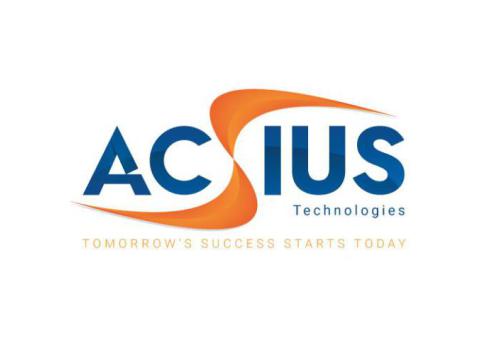Group work is a common feature of university assignments across diverse disciplines, from business to healthcare to engineering. In this blog, we'll delve into the intricacies of group work in university assignments, exploring its benefits, challenges, and best practices. Whether you're a seasoned collaborator or new to the concept of group work, understanding its dynamics and navigating its complexities can enhance your academic experience and contribute to the success of your assignments.
In the realm of university assignments, students often encounter the need to collaborate on complex projects and assignments that require a diverse range of skills and expertise. For those facing challenges in managing their coursework, options such as take my online course may seem appealing. However, it's important for students to recognize that group work offers unique opportunities for learning and growth that cannot be replicated through individual endeavors. By working collaboratively with peers, students can develop essential teamwork, communication, and problem-solving skills that are invaluable in both academic and professional contexts.
The Power of Collaboration
Group work offers numerous benefits that extend beyond individual assignments. By working collaboratively with peers, students can leverage their collective knowledge, skills, and perspectives to tackle complex problems and projects. Group work promotes teamwork, communication, and leadership skills, essential qualities for success in both academic and professional settings.
Navigating Challenges
While group work offers many advantages, it also presents unique challenges that can test students' patience, communication skills, and conflict resolution abilities. Issues such as unequal participation, conflicting schedules, and differing work styles can arise, potentially hindering the group's progress and cohesion. Moreover, managing group dynamics and ensuring equitable distribution of workload can require careful planning and coordination.
Moreover, group work extends beyond traditional classroom settings and can encompass a wide range of activities, including stakeholder meetings and budget negotiations. Assessments such as NURS FPX 6214 Assessment 2: Stakeholder Meeting and NURS FPX 6216: Budget Negotiations and Communication require students to collaborate effectively with stakeholders, communicate their ideas persuasively, and negotiate competing priorities and interests. By engaging in these real-world scenarios, students gain practical experience in navigating complex organizational dynamics and building consensus around shared goals and objectives.
Best Practices for Success
To maximize the benefits of group work in university assignments, it's essential to establish clear goals, roles, and expectations from the outset. Setting ground rules for communication, decision-making, and conflict resolution can help ensure a harmonious and productive working environment.
Applying Group Work to Assignments
In the context of university assignments, group work can take various forms, including collaborative research projects, group presentations, and team-based assignments. Regardless of the format, group work requires students to collaborate effectively, communicate clearly, and coordinate their efforts to achieve shared objectives.
Furthermore, group work offers a platform for students to apply theoretical concepts and principles to real-world challenges, fostering a deeper understanding of course material and its practical implications. In assessments such as NURS FPX 9901 Assessment 2: Quality Performance Improvement (QI/PI), students may collaborate on quality improvement projects that require them to analyze data, identify areas for improvement, and develop strategies for enhancing quality and performance.








0 Comment